Shows
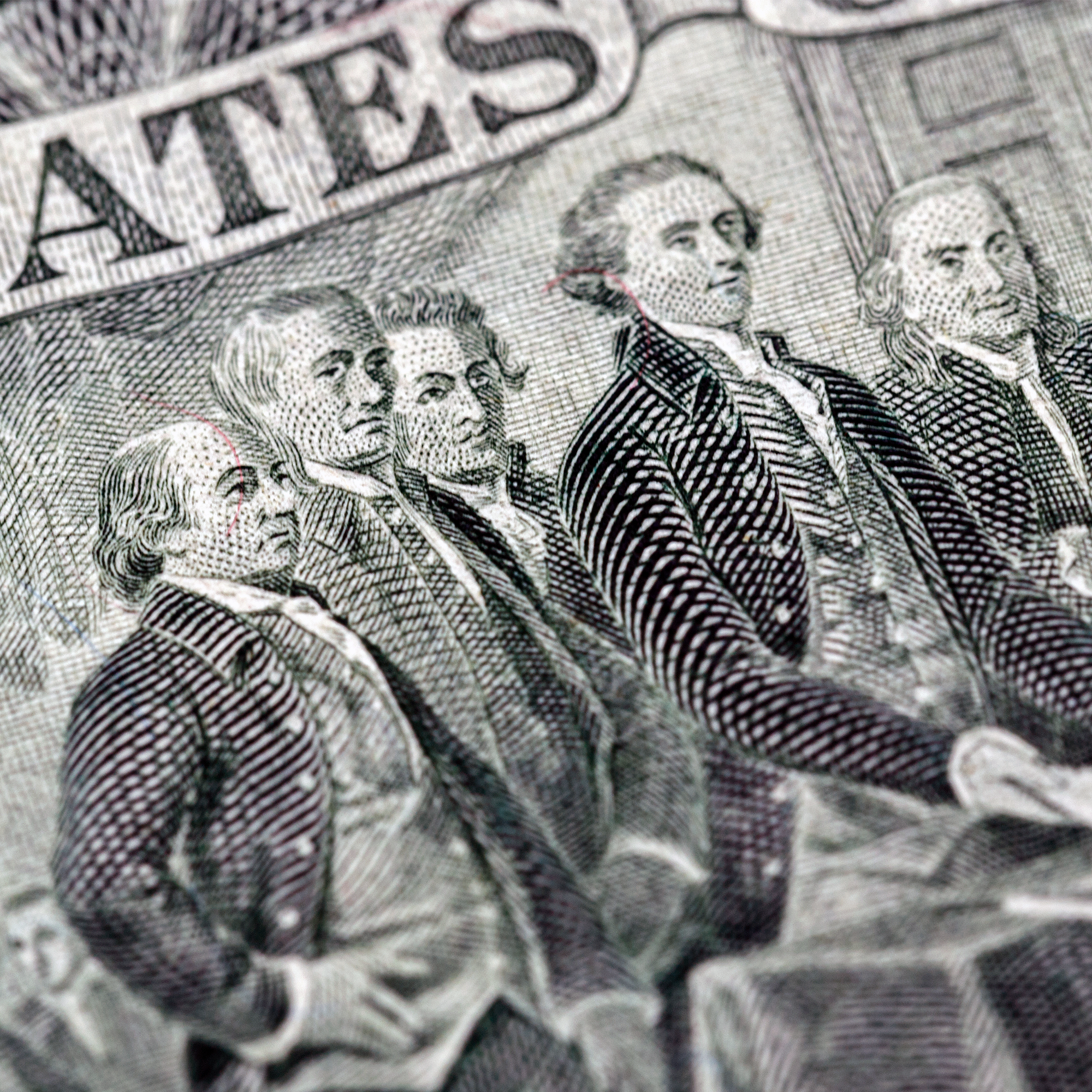
VoxTalks EconomicsA hundred lessons from historyThe International Macroeconomic History Online Seminar Series, hosted by CEPR, is turning 100 this month — not years, but episodes. What began as a lockdown experiment has become a global fixture for anyone who believes economics never forgets. In a special edition of VoxTalks Economics, Tim Phillips talks with organisers Nathan Sussman and Rui Esteves of the Geneva Graduate Institute about the moments that shaped the series and what a hundred lessons from history can teach us today. Why does history matter so much to economists? And how can the series help us understand current events? Nathan’s selectionThe g...
2025-10-1731 min
VoxTalks EconomicsTastes, geography, and cultureIt’s cultural meme that teenagers in New York and Seoul will have more in common with each other than with their parents. Has where we come from been downgraded as an influence on what we like, or is there still what Thierry Mayer of Sciences Po and CEPR calls “gravity in tastes”? His research focuses on a very important aspect of this question: regional French food. Is there still a France of butter, and a France of olive oil? And, if there is, can we draw it on a map, or is this now a cultural and social...
2025-09-2629 min
VoxTalks EconomicsPopulism and warWhat effect do populist rulers of economic superpowers have on international relations, peace, and inequality? If a populist takes power in one of these countries, does it lead to more conflict in other places? Massimo Morelli describes Donald trump as “The quintessential populist”. As Trump prepares to resume his presidency in the US, he shares some surprising conclusions with Tim Phillips about the places that have a higher risk of conflict as a result. The first in a short series of VoxTalks inspired by papers from the 3rd Kiel-CEPR Conference on Geoeconomics.
2024-11-2922 min
VoxTalks EconomicsFinancing the green transitionThe second of three special episodes of VoxTalks Economics recorded at the Climate Change and the Environment Conference in Paris, jointly organised by the AXA Research Fund and CEPR. The green transition needs investment. So who will fund it, and under what conditions? Tim Phillips asks Gilles Moec of AXA and Katheline Schubert of the Sorbonne and PSE about how capital can be mobilised to get us to Net Zero.
2024-11-0522 min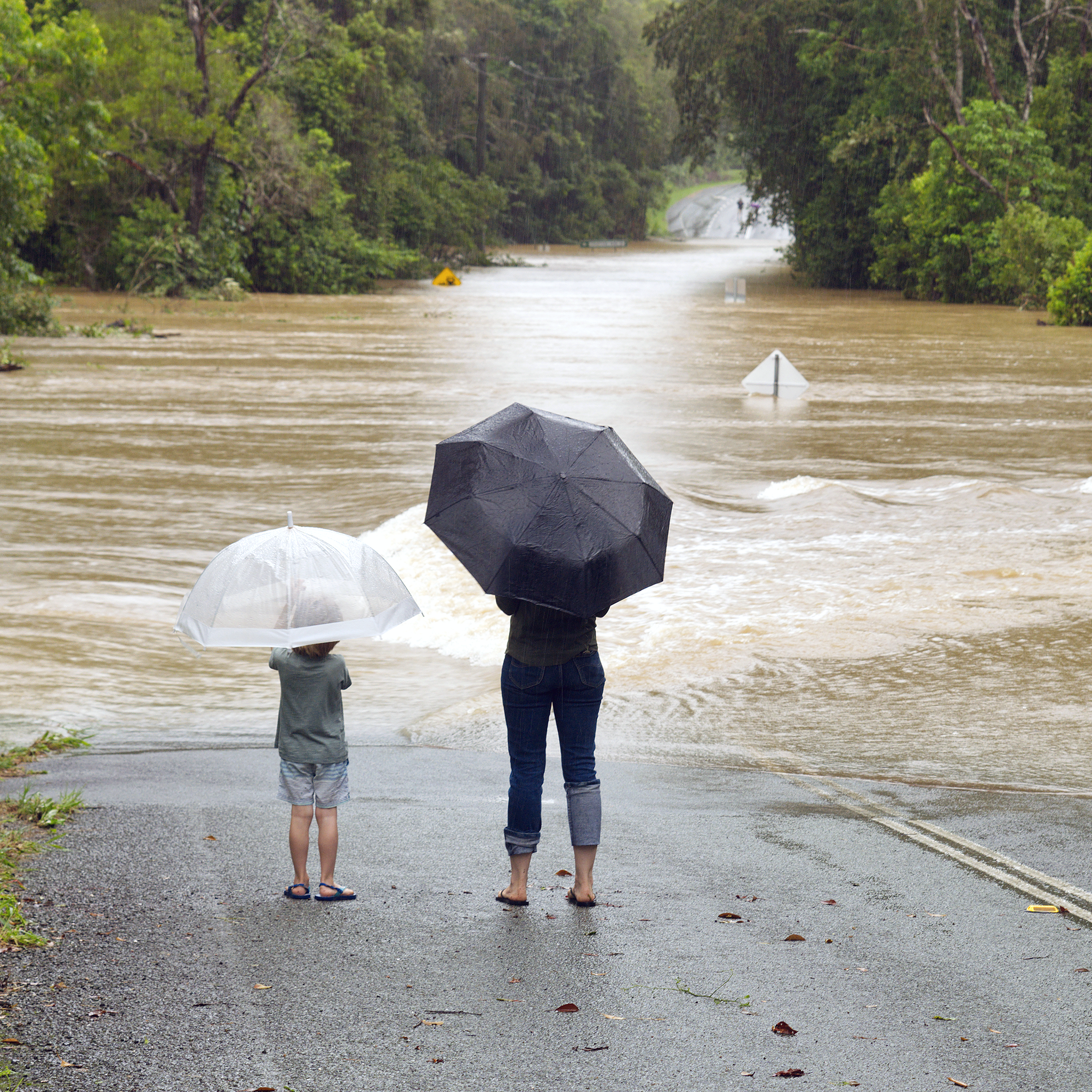
VoxTalks EconomicsInsuring the world of the futureThe first of three special episodes of VoxTalks Economics recorded at the Climate Change and the Environment Conference in Paris, jointly organised by the AXA Research Fund and CEPR. Weather patterns are changing around the world, and weather-related insurance claims are rising. As climate change increases losses from these events, is it the responsibility of governments to compensate those who lose their homes and businesses, or can the insurance industry step up to provide that service? Thierry Langreney of the NGO Les Ateliers du Futur, and Mathieu Godart, Head of P&C - AXA France, discuss the issues with Tim...
2024-11-0125 min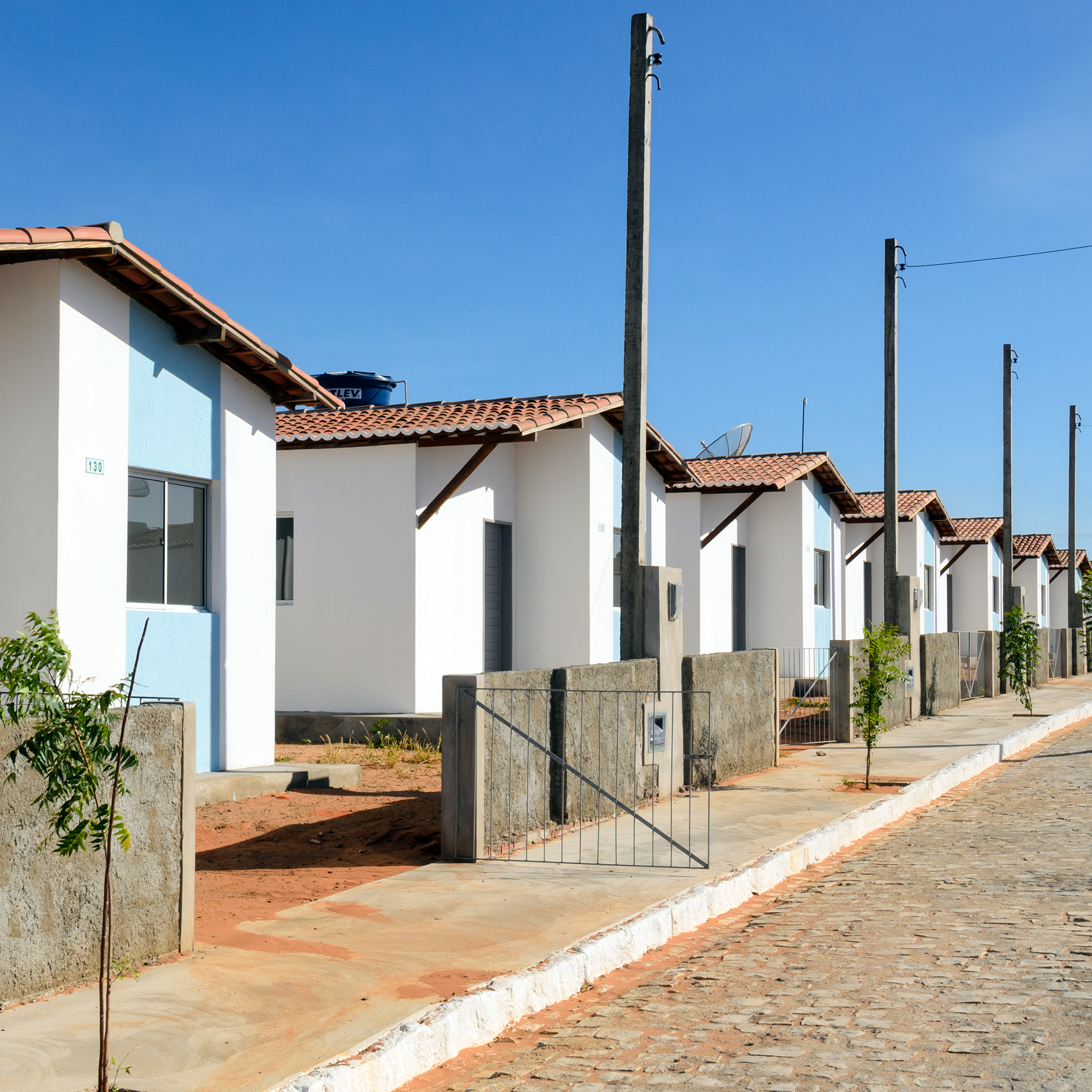
VoxTalks EconomicsLocation, location, locationThe first in a series of VoxTalks Economics based on some of the most interesting presentations from the PSE-CEPR Policy Forum 2024.Imagine that one day, you are offered the chance to move to a new, better, bigger house in the same city as you live, with the government paying for 90% of your mortgage. This is what happens in Brazil, where millions of people have been given access to better housing. But how big is this prize really? Gabriel Ulyssea tells Tim Phillips how many of the beneficiaries discovered that location matters most in real estate.
2024-06-2823 min
VoxTalks EconomicsA new explanation for wage stagnationLow-skilled workers are concentrated in sectors with fast productivity growth, so why isn't their pay rising? Rachel Ngai tell Tim Phillips that one explanation is in how low-skilled workers are reallocated between different sectors.
2020-08-2111 min
VoxTalks EconomicsBailing out the kidsHow much do we bail out our family in a crisis? By matching financial transactions and administrative data in Denmark, Niels Johannesen comes up with an answer for Tim Phillips.
2020-08-1812 min
VoxTalks EconomicsDoes social media make us xenophobic?Xenophobic attacks are on the rise around the world. Does social media help cause them? Maria Petrova tells tim Phillips about shocking new research from Russia.
2020-08-1408 min
VoxTalks EconomicsEurope's zombie lendingViral Acharya tell Tim Phillips that the action to save Europe's financial sector after 2008 has delayed reform in the banking sector - creating a decade of lending to zombie firms that has stifled economic growth. Acharya on Zombies and disinflation at VoxEU.
2020-08-0737 min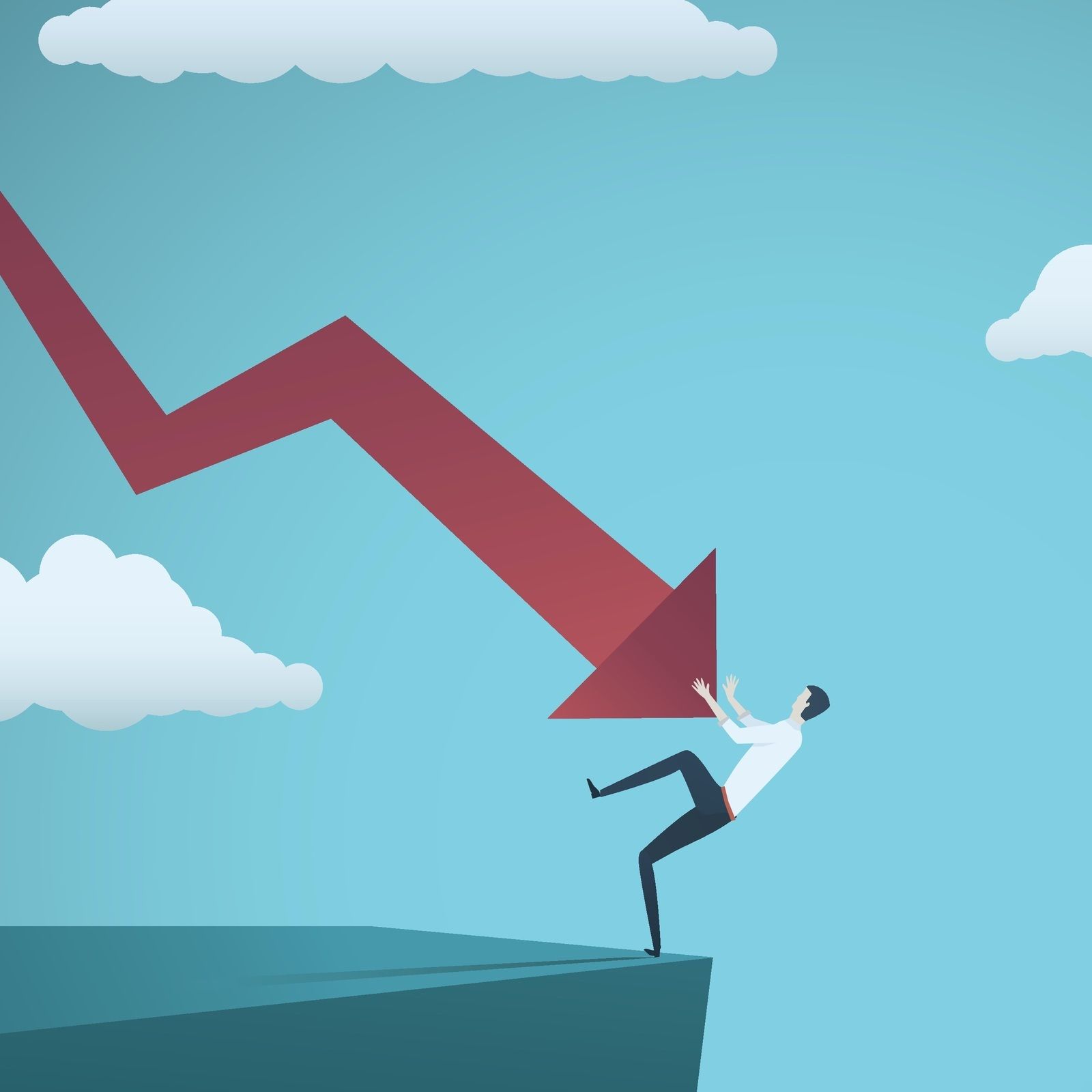
VoxTalks EconomicsRecessions increase inequalityMost high earners bounce back from recessions. But Gianluca Violante tells Tim Phillips that, for the last 50 years, it has been a different story for low earners.
2020-07-3118 min
VoxTalks EconomicsValuing digital servicesThe Covid-19 lockdown has provided the opportunity to measure the financial value we give to 'free' digital services like social media and Google search. Diane Coyle and David Nguyen tell Tim Phillips what they discovered, and whether this value should be counted in GDP.Read the paper in Covid Economics 33, or this article on VoxEU.
2020-07-2414 min
VoxTalks EconomicsThe mechanics of the industrial revolutionSkilled artisans were needed to build, improve and mend the machines that powered the industrial revolution. Joel Mokyr tells Tim Phillips how this can help explain why the revolution happened when - and where - it did.
2020-07-1719 min
VoxTalks EconomicsSolving Europe's productivity puzzleIn the recovery from Covid-19 we urgently need to boost productivity. But which policies move the needle? Filippo di Mauro tells Tim Phillips about what CompNet's firm-level productivity data tells us about both the problem and the solution.Find out more about what the data is telling us.
2020-07-1025 min
VoxTalks EconomicsBanks under pressureLow profitability, non-performing loans, and competition from Big Tech. A new report from the CEPR concludes that the banking sector faces "deep restructuring". Xavier Vives tell Tim Phillips why.Read about the report and download it.
2020-07-0815 min
VoxTalks EconomicsTo each according to their needsKaushik Basu's time as World Bank chief economist inspired him to think radically about how to change the way the global economy works. He tells Tim Phillips about why public ownership and profit-sharing may be essential, and what we can still learn from Karl Marx.
2020-07-0331 min
VoxTalks EconomicsCoping with Covid in developing economiesA new ebook from the CEPR and the International Development Policy Journal discusses the threat to developing and emerging economies from the pandemic, and what we can do about it. Ugo Panizza is one of the editors, and he joins Tim Phillips to discuss capital flight, conflict, and what advanced economies and can do to help.Download Covid in Developing Economies - it's free.
2020-06-2615 min
VoxTalks EconomicsWho gets exposed to Covid-19?Different countries and cities have different rates of Covid exposure, but what can explain the difference in incidence between neighbourhoods? New York residents Milena Almagro and Angelo Orane-Hutchinson tell Tim Phillips what made the difference in their city.Read their research in Covid Economics 13.
2020-06-1914 min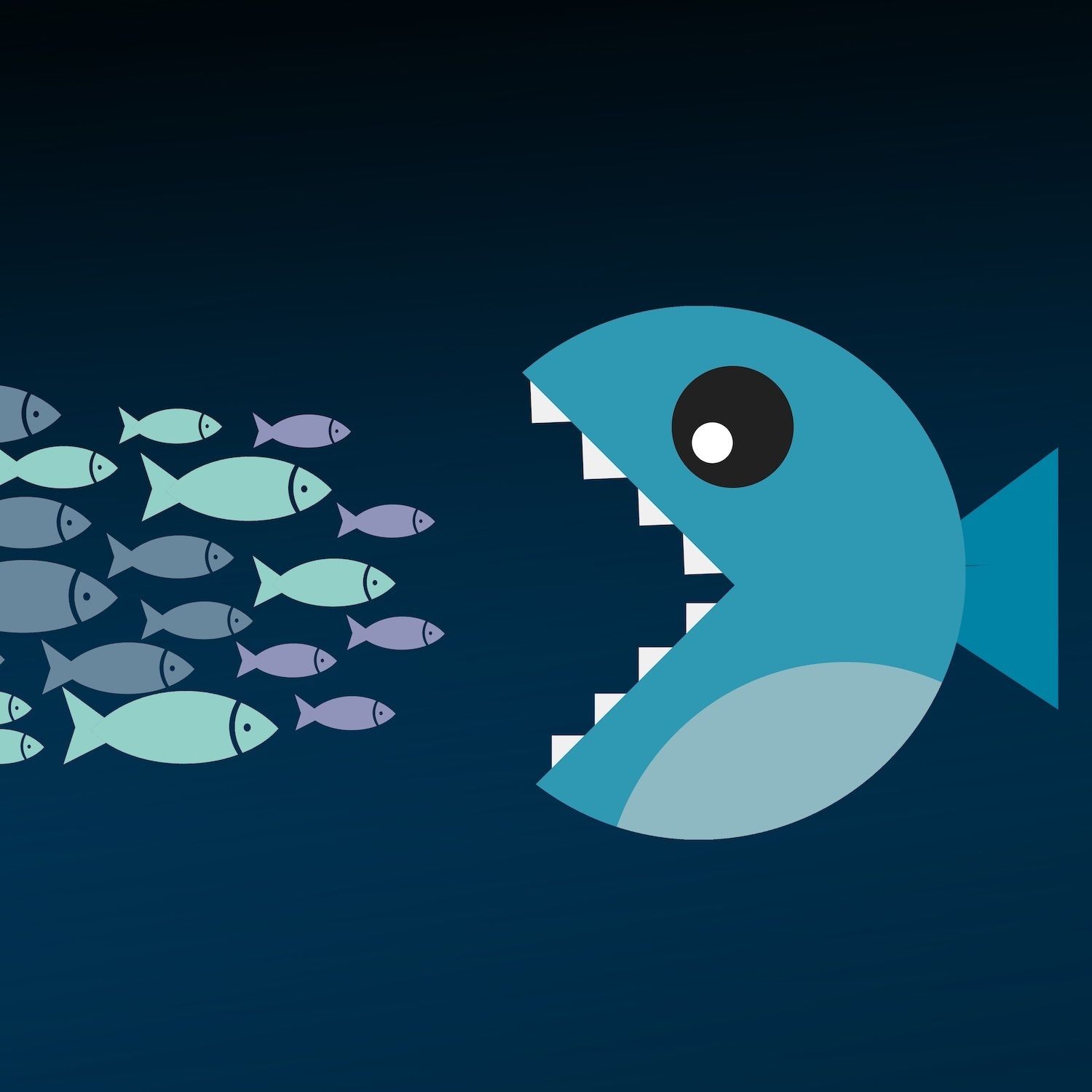
VoxTalks EconomicsThe Great ReversalThomas Philippon's new book argues that in the last 20 years the US has “given up” on free markets. As a result, he tells Tim Phillips, American families are each $5,000 a year poorer.
2020-06-1224 min
VoxTalks EconomicsStructural transformation and economic growthThis week the CEPR launches a new research programme called STEG - Structural Transformation and Economic Growth. Ahead of the kick-off workshop on June 4 and 5, Joe Kaboski and Doug Gollin tell Tim Phillips what STEG hopes to achieve, and Rachel Glennerster explains why DFID is funding it.Register for the workshop or discover STEG here.
2020-06-0314 min
VoxTalks EconomicsTime for bedsThe mortality statistics of the Covid-19 outbreak suggest that your country's medical infrastructure has a big influence on how likely you are to survive. Nathan Sussman has examined the data and tells Tim Phillips why all countries should be urgently investing in their health services.Read "Time for Beds" in issue 11 of Covid Economics.
2020-05-2919 min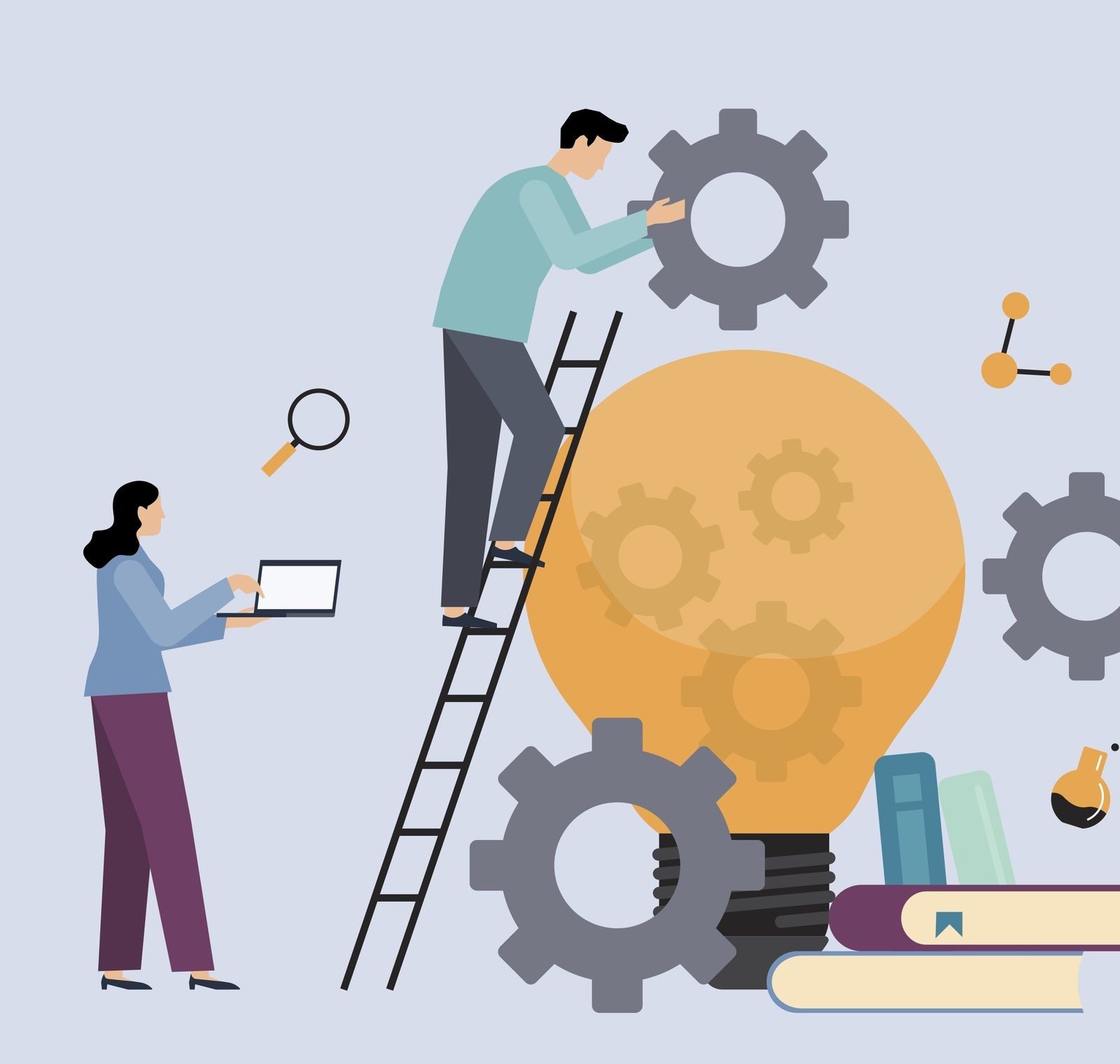
VoxTalks EconomicsTech industry mergersShould competition authorities intervene more often in tech mergers? Be careful, Luis Cabral tells Tim Phillips: they risk stifling innovation if they do.
2020-05-2216 min
VoxTalks EconomicsHelicopter moneyIn every crisis, economists will tell us that it is time for helicopter money, and Covid-19 is no different. But the helicopters never seem to take off. Donato Maschiandaro tells Tim Phillips why not.Read about helicopter money in Issue 7 of Covid Economics.
2020-05-1812 min
VoxTalks EconomicsThe Swedish solution to Covid-19Do we close our public spaces to protect our communities from Covid-19, or keep them open, as in Sweden? Dirk Krueger tells Tim Phillips that informing the public and then trusting individuals to make good choices might deliver a decline in infections, while minimising the Covid recession.Download Covid Economics 5, including Dirk's paper.Picture: Creative Commons/Vogler
2020-05-1517 min
VoxTalks EconomicsThe myth of British inventive geniusOn the 75 anniversary of the VE Day, David Edgerton tells Tim Phillips that Britain's belief in its go-it-alone scientific and inventive genius is “deluded”, and has stunted the nation's postwar growth.Download The Economics of the Second World War Seventy-Five Years On, featuring David's chapter.
2020-05-0817 min
VoxTalks EconomicsDo the rich get more coronavirus tests?Last month the media accused New York's wealthy residents of jumping the queue for Covid-19 testing. Stephanie Schmitt-Grohé, a New York resident herself, ran the numbers. She tells Tim Phillips what she discovered.
2020-04-2915 min
VoxTalks EconomicsWe need a Covid-19 debt standstillIn a new paper called Born out of necessity, a group of economists and lawyers propose a way for developing and emerging countries to temporarily redirect debt repayments to fund Covid-19 relief. Ugo Panizza and Mitu Gulati tell Tim Phillips how it would work. Read about this controversial idea at VoxEU.
2020-04-2722 min
VoxTalks EconomicsJohn Maynard Keynes's art portfolioKeynes amassed an extensive collection of fine art during his lifetime. David Chambers tells Tim Phillips what the financial returns on his investment have been, and the insight this gives us into how to value an art portfolio as an asset.
2020-04-2116 min
VoxTalks EconomicsLessons from the Ebola crisis on dealing with Covid-19The 2014 Ebola outbreak in Sierra Leone affected an area which included a pioneering experiment in community healthcare. Oeindrila Dube tells Tim Phillips about the lifesaving impact of this experiment - and two important lessons we can learn that may help to contain the spread of Covid-19 in Africa.
2020-04-0912 min
VoxTalks EconomicsModelling the economic consequences of Covid-19When Covid-19 wasn't even on the radar of most policymakers, Warwick McKibbin of ANU used his experience from previous pandemics to create seven scenarios for its impact. All implied a major shock to the global economy. Tim Phillips asks him how his model was able to capture the nature of Covid-19, and which policymakers listened to the warning.Read about McKibbin's scenarios in Chapter 3 of Economics in the Time of Covid-19.
2020-04-0713 min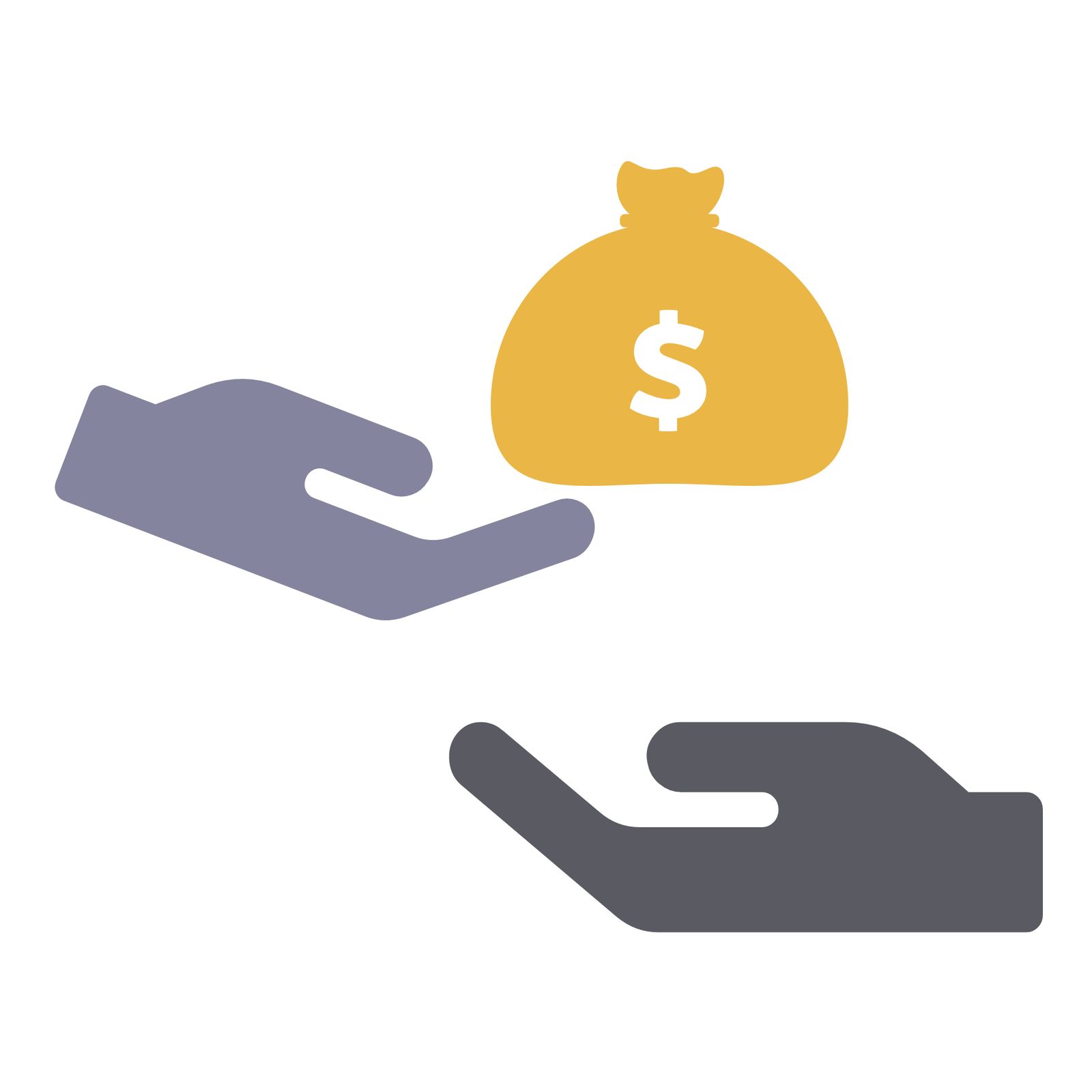
VoxTalks EconomicsHow much do governments lend to each other in a crisis?In international crises, disasters and wars, private lenders disappear. But governments have stepped in and lent far more to each other than we previously thought. Christoph Trebesch tells Tim Phillips that new data on 200 years of official lending may contain unexpected good news for countries crippled by Covid-19.Read 'Coping with disasters: Lessons from two centuries of international response' at VoxEU
2020-03-2711 min
VoxTalks EconomicsThe coronavirus shock to financial stabilityEnrico Perotti tells Tim Phillips that while regulatory reform means that banks are unlikely to be at risk, the same is not true for the shadow banking sector. Does this threaten financial stability, and what should policymakers do about it?
2020-03-2520 min
VoxTalks EconomicsA Covid credit line for EuropeHow can euro area countries work together to protect their economies? A diverse group of economists has suggested the creation of an emergency Covid credit line. Beatrice Weder di Mauro tells Tim Phillips how it would work.Read about the Covid credit line on VoxEU
2020-03-2311 min
VoxTalks EconomicsSingapore's response to Covid-19In a VoxTalks special, Danny Quah tells Tim Phillips how Singapore defended itself against the health and economic impact of Covid-19, and what other countries can learn from its actions.Download the VoxEU book Mitigating the Covid Economic Crisis.
2020-03-2019 min
VoxTalks EconomicsThe polarization of realityWe think about political polarization as a disagreement about policies. But what if the voters can't even agree on the facts? Stefanie Stantcheva tells Tim Phillips about new research that has profound implications for democracy.
2020-03-2016 min
VoxTalks EconomicsEconomics in the time of Covid-19How big are Covid-19's economic consequences? That's the theme of a new VoxEU book with contributions from many of the world's most experienced policymakers with expertise in this area. Beatrice Weder di Mauro and Richard Baldwin, the book's editors, give Tim Phillips the (mostly) bad news.Download the book: it's free.
2020-03-1018 min
VoxTalks EconomicsWomen in EconomicsWomen are under-represented in economics, and the situation is not improving. Economists Shelly Lundberg, Donna Ginther, Jenna Stearns and Erin Hengel talk to Tim Phillips about VoxEU's new book on the subject that examines the barriers that women face in the profession, and also suggests ways to support the next generation of female economists.Download the book here, it's free.
2020-03-0620 min
VoxTalks EconomicsDigital market merger policyIn the last decade, global digital giants have snapped up hundreds of smaller, innovative companies. Should competition authorities have intervened more often? Tomaso Duso tells Tim Phillips about new research that suggests they should.
2020-02-2817 min
VoxTalks EconomicsThe history of immigration quotasA century ago, American nativists succeeded in establishing immigration quotas to drive up the wages of US workers. What happened next? Not what you might think, Leah Boustan tells Tim Phillips.
2020-02-2119 min
VoxTalks EconomicsEducation creates peaceNew research shows how a school-building programme in Indonesia successfully reduced conflict. Dominic Rohner tells Tim Phillips about this unanticipated peace dividend, and how the CEPR's research and policy network on conflict reduction will help policymakers.
2020-02-1417 min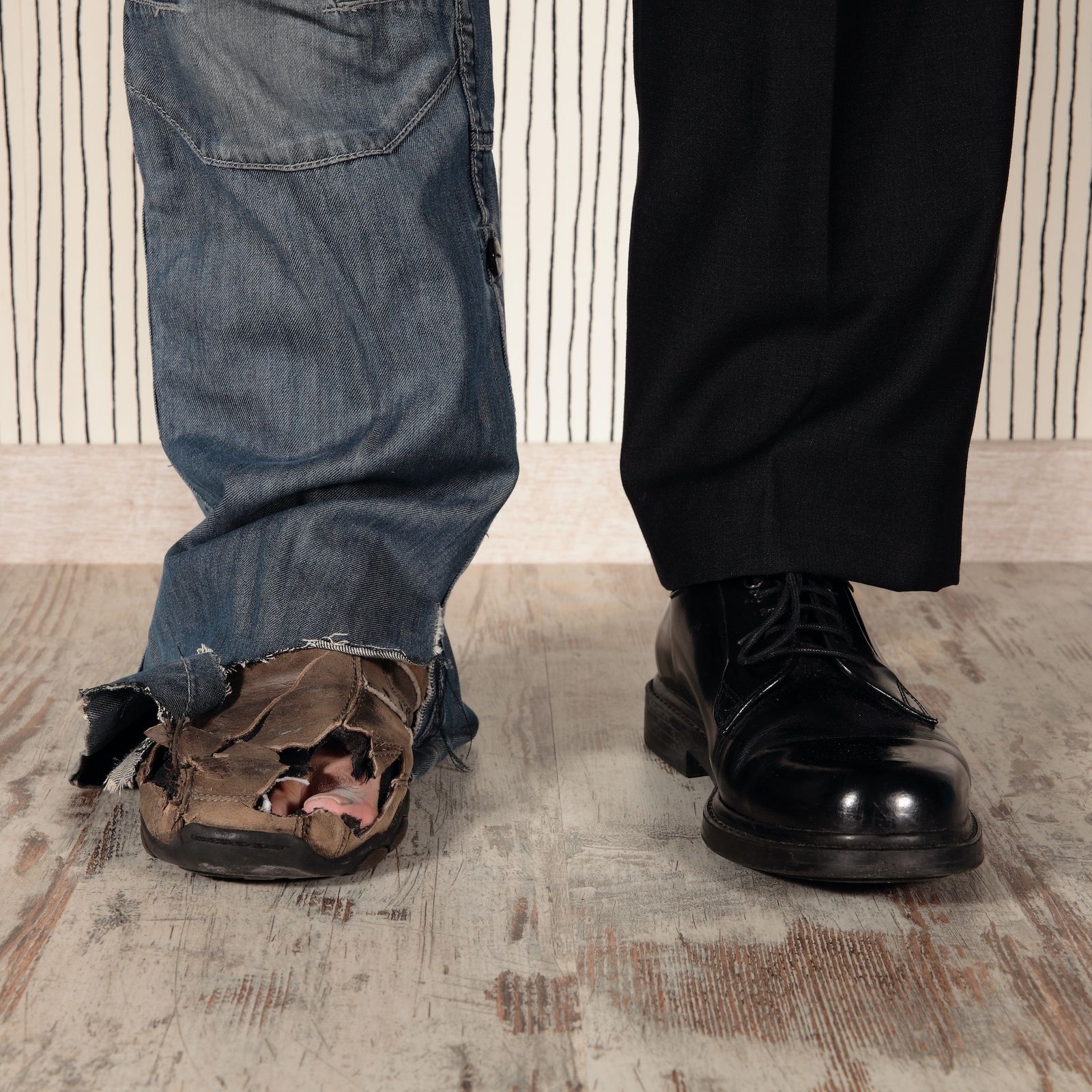
VoxTalks EconomicsCentral banks and regional inequalityIs regional inequality a problem that central banks should worry about? Andy Haldane of the Bank of England tells Tim Phillips why he thanks the answer is yes: but why we also need to think about what, and how, we measure.
2020-02-0713 min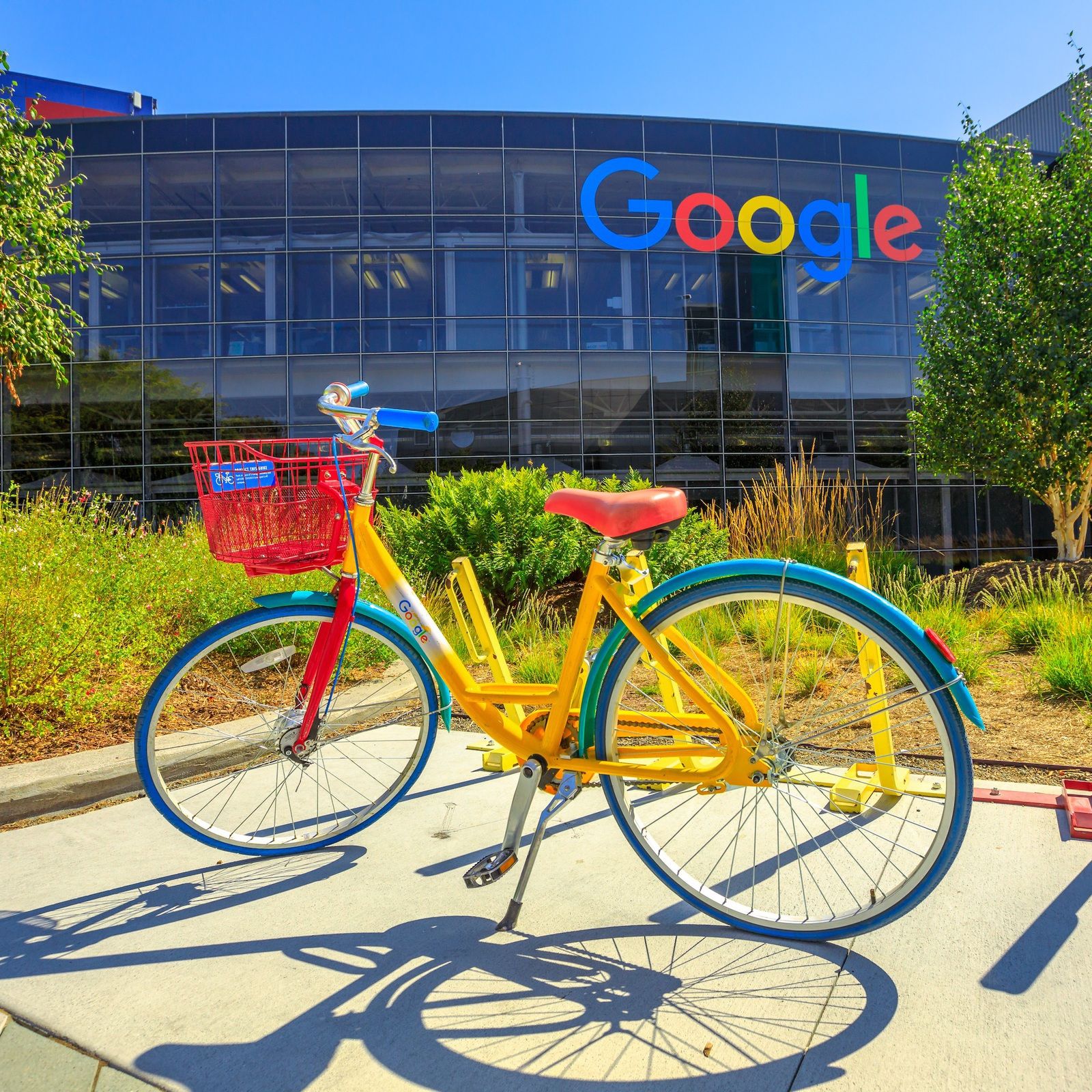
VoxTalks EconomicsThe origins of tech clustersWhy are cities so keen to create their own technology clusters, and why is it so difficult? Bill Kerr of Harvard Business School tells Tim Phillips what economists know (and don't know) about where tech clusters come from.
2020-01-3127 min
VoxTalks EconomicsBetting on the LordAn experiment in Haiti shows that people take more risks in the presence of religious images, even if there is less chance they will win. Emmanuelle Auriol tells Tim Phillips about the challenges that belief in a higher power presents for economic development.
2020-01-2412 min
VoxTalks EconomicsRegenerating the cities that were left behindWhen the industries that have sustained our cities decline, how can we regenerate urban areas? At the SUERF conference in Amsterdam, Tony Venables and Charles Goodhart tell Tim Phillips that redevelopment policies may have made regional inequality and social conflict worse.
2020-01-1714 min
VoxTalks EconomicsWill there be a post-Brexit financial services deal?In 2020, the UK and the EU will try to strike a post-Brexit deal in financial services. At the SUERF conference in Amsterdam, David Miles and Iain Begg explain to Tim Phillips what's at stake in the negotiations, and who would suffer most if there's no deal.
2020-01-1015 min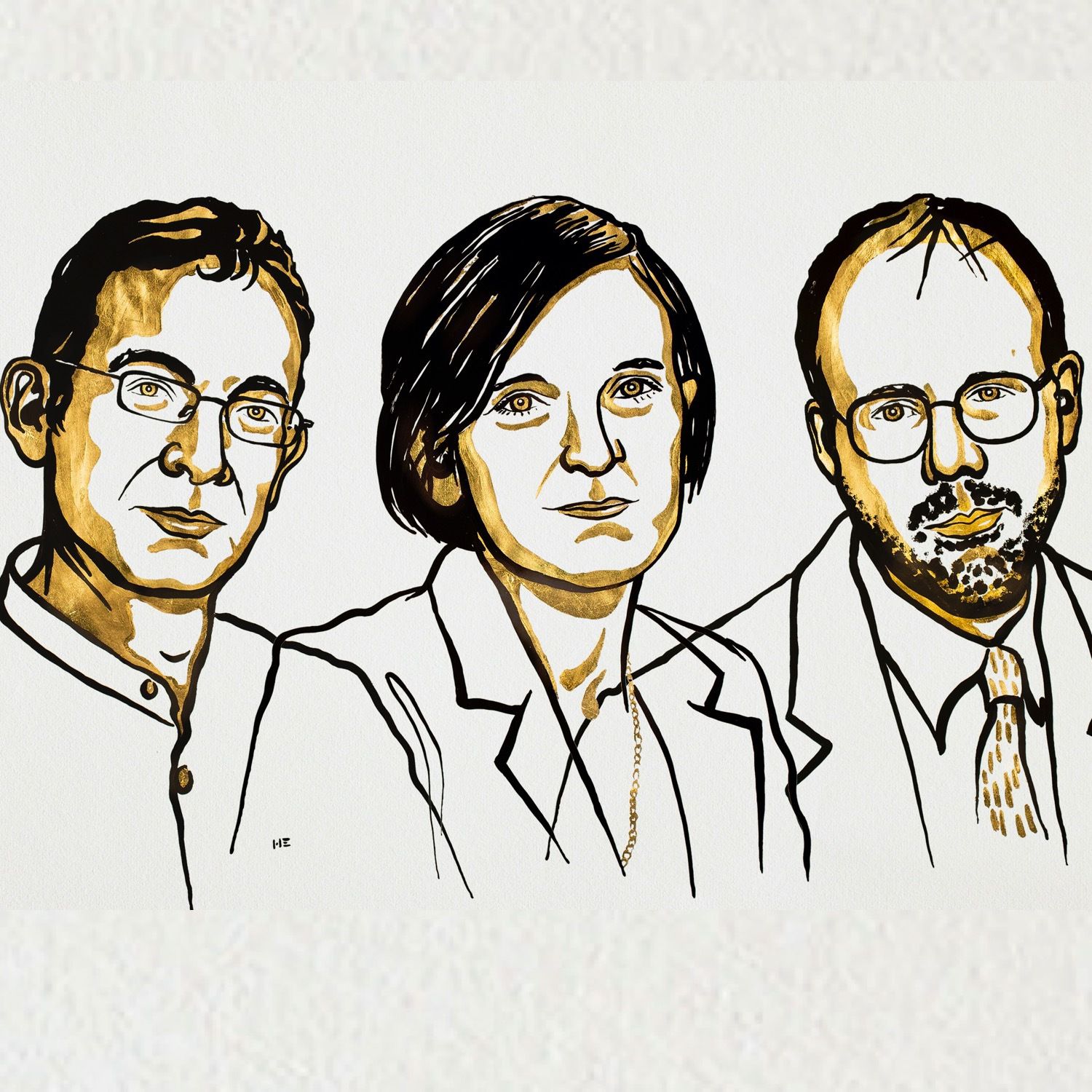
VoxTalks EconomicsHas the randomista revolution gone too far?This year's Nobel prize celebrated the work of the economists who popularised randomised controlled trials, “for their experimental approach to alleviating global poverty”. But is it possible to have too much of a good thing? Tim Phillips investigates.Picture © Nobel Media 2019. Illustration: Niklas Elmehed.
2019-12-2314 min
VoxTalks EconomicsBurying bad newsNew research demonstrates what we all suspected: for decades, politicians have routinely used busy news days to bury unpopular announcements. Ruben Durante educates Tim Phillips in the politics of distraction.
2019-12-2015 min
VoxTalks EconomicsHelping parents to read with their childrenLanguage skills for preschoolers help them achieve more when they get to school, but some parents are better than others at helping their kids to develop these skills. Denis Fougère and Carlo Barone tell Tim Phillips about a successful experiment in Paris to help less-educated parents spend time reading with their children.
2019-12-1322 min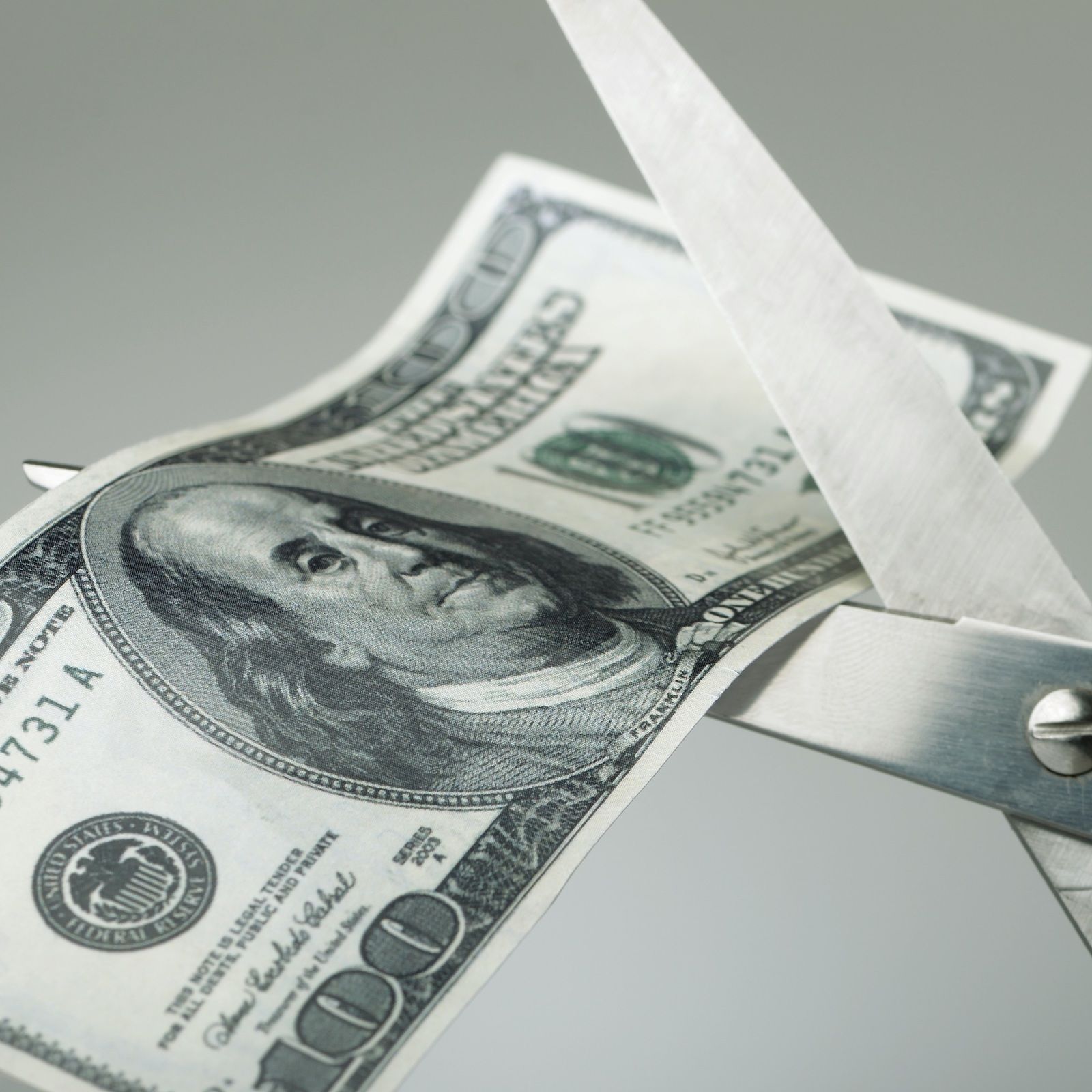
VoxTalks EconomicsWealth taxesFew countries tax their citizens' wealth annually, but Switzerland is one of them. Marius Brülhart tells Tim Phillips about a natural experiment in Switzerland's cantons that teaches us about how people would respond if more countries decided to tax wealth instead of income.
2019-12-0618 min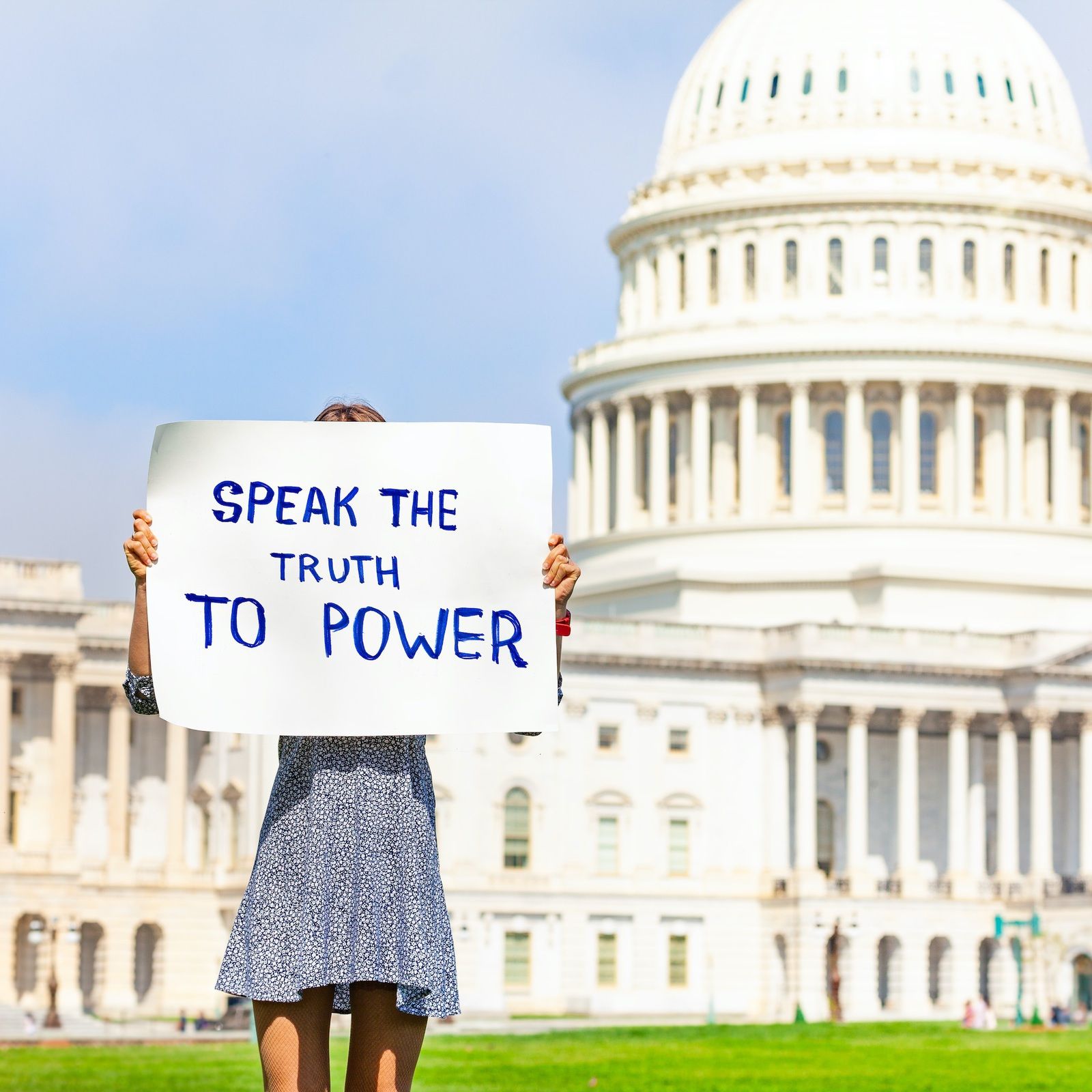
VoxTalks EconomicsHow the mobile internet changed politicsThe mobile internet, promises to give us access to information anywhere, 24 hours a day. So how has it influenced trust in governments, politics, and politicians? Sergei Guriev tells Tim Phillips about how, all over the world, 3G has reduced trust in government and aided the rise of populism.
2019-11-2919 min
VoxTalks EconomicsCan the stock market help save the planet?We think about climate policies as moderating or interceding in markets. But a new paper implies that when stock markets play a bigger part in the economy, polluting industries become cleaner. Tim Phillips asks Ralph De Haas of the European Bank for Reconstruction and Development whether we already have a green finance initiative under our noses.
2019-11-2219 min
VoxTalks EconomicsThe Great Expectations of the middle classWhen there's a financial crisis, policymakers and politicians increasingly kowtow to the demands of an influential group: the global middle class. Jeffrey Chwieroth and Andrew Walter tell Tim Phillips how their Great Expectations are destabilising the world economy.Read about Great Expectations at VoxEU.
2019-11-1530 min
VoxTalks EconomicsHow to improve consumer credit ratingsDoing a good job of deciding who can borrow is fundamental for the global economy. Stefania Albanesi tells Tim Phillips that current consumer credit ratings do a poor job at predicting which of us will default, and explains how she has used machine learning to improve them.
2019-11-0827 min
VoxTalks EconomicsLet's stay togetherWhen the law changed to allow same-sex partners to get married, did the symbolism of marriage have any effect on the stability of relationships? Shuai Chen tells Tim Phillips about a surprising result from The Netherlands.
2019-11-0112 min
VoxTalks EconomicsThe cost of dyingHow much is spent on end-of-life care, and who foots the bill? Eric French of UCL tells Tim Phillips about the total cost of the last year of our lives, and how different countries have very different ideas of who should pay it.Read about the research at VoxEU.org, and download the VoxEU book about the economics of ageing.
2019-10-2518 min
VoxTalks EconomicsIncreasing diversity in economicsThe Royal Economic Society has launched Discover Economics, an ambitious three-year campaign to attract more women, minority students and students from state schools to study the subject. Sarah Smith and Arun Advani, co-chairs of the campaign, plus Rachel Griffith, RES president, tell Tim Phillips about how they plan to make this happen.Read about Discover Economics at VoxEU.
2019-10-1614 min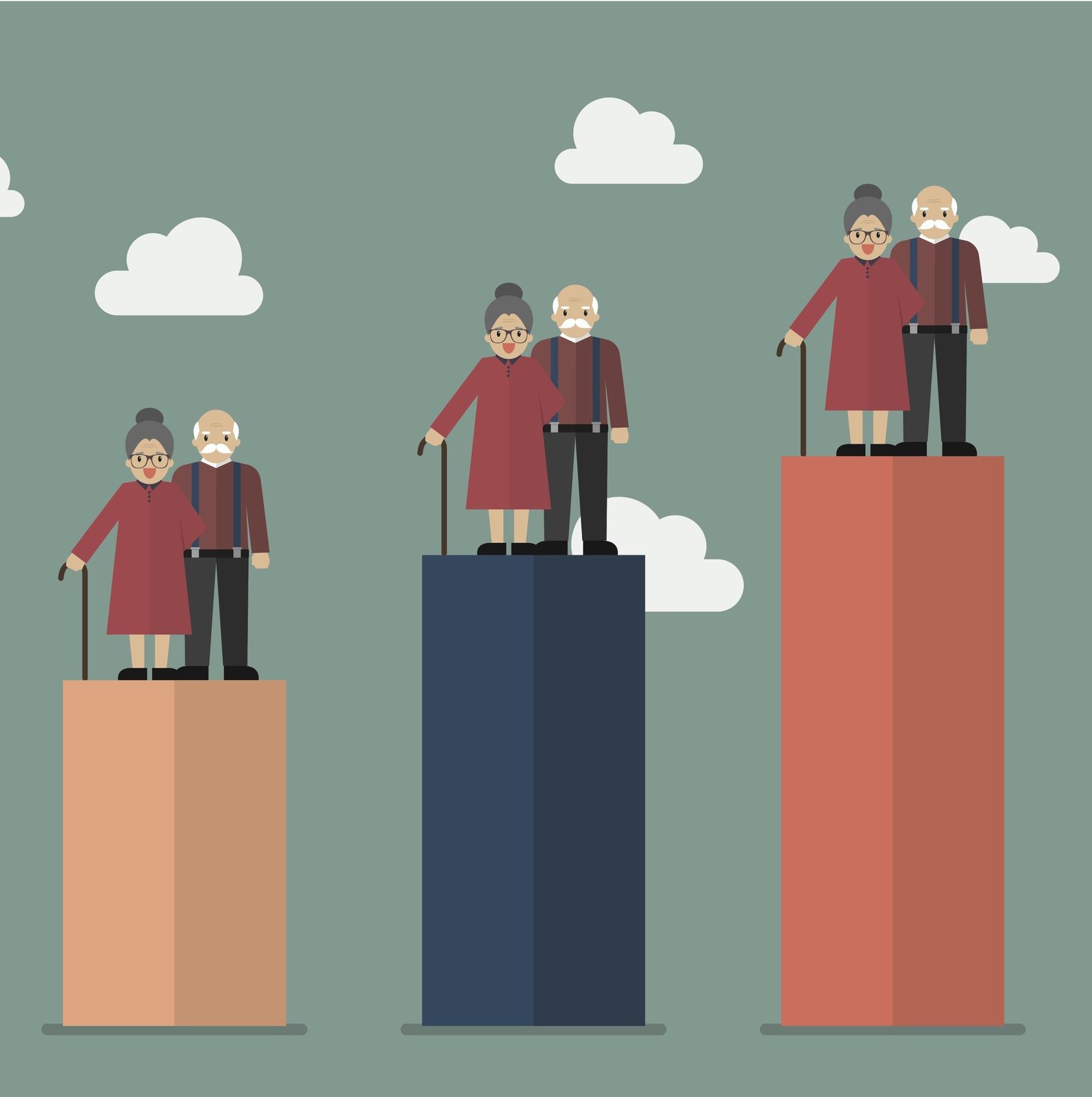
VoxTalks EconomicsThe economics of an ageing populationWe are living longer, and that affects every part of our economic future. David Bloom is the editor of a new VoxEU book on what he calls "the what, the so what, and the now what" of ageing. He tells Tim Phillips about some of the policy choices our societies will have to make in the near future.
2019-10-1119 min
VoxTalks EconomicsA new story of London's economic developmentEconomists date the growth of London's financial system, and its impact on the British economy, from the end of the 17th century. Nathan Sussman tells Tim Phillips how how he discovered contemporary records that tell a different story.
2019-10-0419 min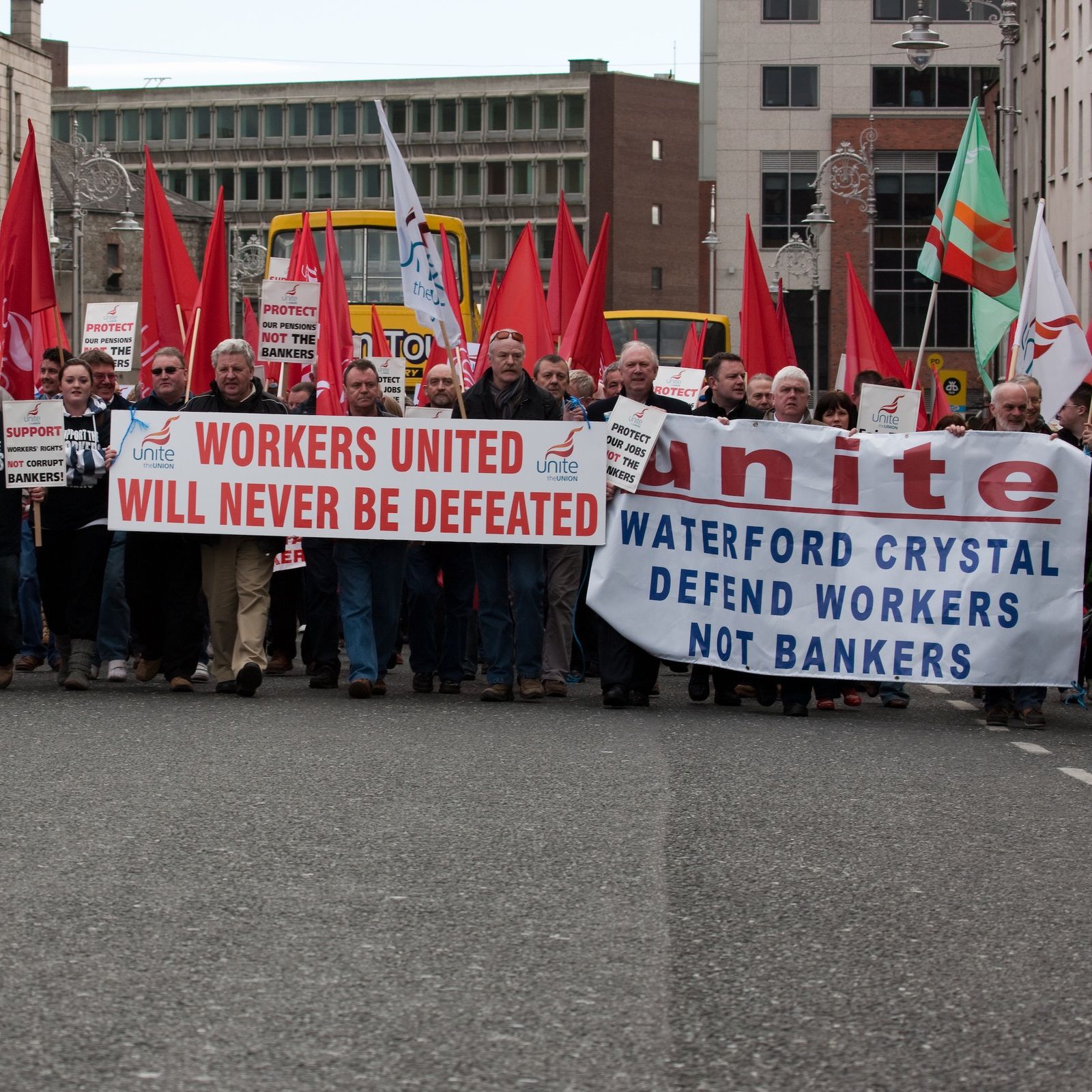
VoxTalks EconomicsLessons from the Irish banking crisisPatrick Honohan took over as governor of the Central Bank of Ireland in 2009 with the economy in meltdown, and steered it through its deepest crisis. His new book re-examines what happened, and lessons for future crises. Tim Phillips talks to Patrick and the FT's Martin Sandbu about what policymakers and central bankers can learn from Ireland's ordeal.Read about Patrick's book at VoxEU.org.Picture: William Murphy/CC
2019-09-2720 min
VoxTalks EconomicsThe death of banks?On 24 September the CEPR launches the latest Geneva Report on the world economy, called Banking disrupted? Financial intermediation in an era of transformational technology. Tim Phillips asks Tara Rice and Kathryn Petralia, two of the authors, whether fintechs and cryptocurrencies signal the beginning of the end for banks.Download the report, or read about it at VoxEU.
2019-09-2427 min
VoxTalks EconomicsDoes foreign investment create green growth?Economists argue whether foreign direct investment in developing economies exports pollution or generates green growth. Beata Javorcik talks to Tim Phillips about a surprising conclusion from factory-level research.Read about the research at VoxEU.
2019-09-1312 min
VoxTalks EconomicsThe economic history of World War 2Starting on the 80th anniversary of the outbreak of the second world war, VoxEU is publishing a series of articles about the economics of the war. Tim Phillips talks to some of the authors about their research.Read more about the project at VoxEU.
2019-09-0627 min
VoxTalks EconomicsAfrica's lands of opportunityOn average, if you are born in Africa today you have much better chances to succeed than your parents or grandparents. But which countries have the best, and worst, intergenerational mobility? Elias Papaioannou tells Tim Phillips about the four-year hunt for Africa's lands of opportunity.
2019-08-3018 min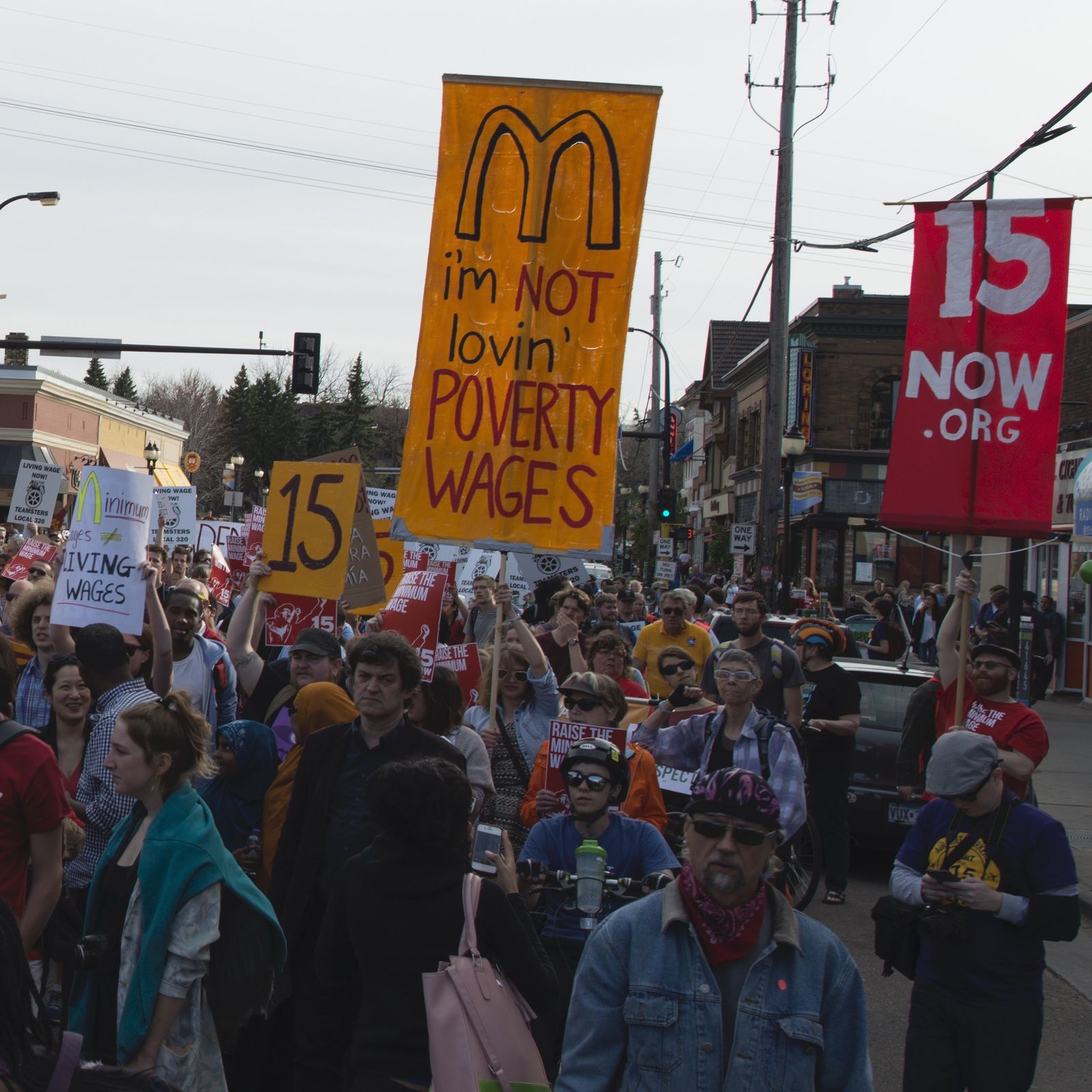
VoxTalks EconomicsCould a $15 minimum wage save lives?The US has an epidemic of "deaths of despair". Michael Reich tells Tim Phillips that new research implies that a $15 minimum wage doesn't just cut poverty, it also saves lives. But is Congress listening?
2019-08-2321 min
VoxTalks EconomicsInvesting in BrexitAs Brexit nears (again), are British firms choosing to invest in the UK or in other European markets? Are European firms investing in the UK to preserve access to its markets? And has "global Britain" got off the drawing board yet? Holger Breinlich and Dennis Novy lead Tim Phillips through the numbers.
2019-08-1624 min
VoxTalks EconomicsSocial media polarizationWhen does social media polarize opinion, and when does it bring us closer together? Yves Zenou tells Tim Phillips about a new economic model that shows us how affinity can become division, and why the trolls often win.
2019-08-0913 min
VoxTalks EconomicsLearning about ourselvesDespite all the evidence to the contrary we continue to overestimate how much work we will do tomorrow, or how often we will go to the gym. Why? Peter Schwardmann tells Tim Phillips that we do learn from experience about ourselves - in the right circumstances.
2019-08-0212 min
VoxTalks EconomicsFrance's broken social elevatorFrance has surprisingly low social mobility. OECD chief economist Laurence Boone tells Tim Phillips why this is the case, how the problem fuels the gilets jaunes protests, and what can be done about it.
2019-07-2617 min
VoxTalks EconomicsThe true cost of emissions cheatingSupposedly 'green' diesel engines with devices to cheat emissions tests have been polluting as much as 150 ordinary cars. Hannes Schwandt tell Tim Phillips about the staggering human cost of VW's fraud.
2019-07-1923 min
VoxTalks EconomicsThe benefits of starting school earlyChildren in different countries start school at very different ages. Thomas Cornelissen tells Tim Phillips about new research that suggests an early start may help their development.Check out the research on VoxEU.org
2019-07-1217 min
VoxTalks EconomicsItaly is a very sick patientAre Italy's populist policies of miniBOTs and flat taxes the right medicine for its economic sickness? Fabio Ghironi tells Tim Phillips that, if Italy doesn't attempt fundamental structural reforms, it may be on the path to Eurexit.
2019-07-0514 min
VoxTalks EconomicsHow the G20 can save world tradeAs the G20 gather in Japan, Tim Phillips talks to Simon Evenett, one of the authors of the Global Trade Alert, on how the ministers can halt the "free for all" on protectionism. Download the 24th Global Trade Alert by visiting VoxEU.org
2019-06-2816 min
VoxTalks EconomicsThe threat to global prosperityA new book from the CEPR argues that the current trade war is a long-term danger to all economies, not just those of the US and China. Editor Meredith Crowley of the University of Cambridge and two of the authors tell Tim Phillips why prospects for the world economy are 'grim'.Download The Clash of Economic Systems Endangering Global Prosperity.
2019-06-2116 min
VoxTalks EconomicsWhat would Ricardo do?David Ricardo was the first economist to think rigorously about international trade, and his theory of comparative advantage has stood the test of time. So why do so many politicians ignore it? And what would he do about Brexit? Peter Neary of the University of Oxford talks to Tim Phillips. Image: Thomas Phillips [Public domain]
2019-06-1419 min
VoxTalks EconomicsThe future of the welfare stateThis week UN special rapporteur claimed the UK's social safety net has been "replaced with a harsh and uncaring ethos". Dame Minouche Shafik, director of the LSE, talks to Tim Phillips about whether our welfare states can survive in their current form, and what might replace them.Image: Gerd Altmann
2019-06-0717 min
VoxTalks EconomicsThe Yrjo Jahnsson awardThe award is given to the best European economist under 45. This year, Oriana Bandiera of LSE and Imran Rasul of UCL share the prize. They talk to Tim Phillips about their work, and #whateconomistsreallydo.
2019-05-3122 min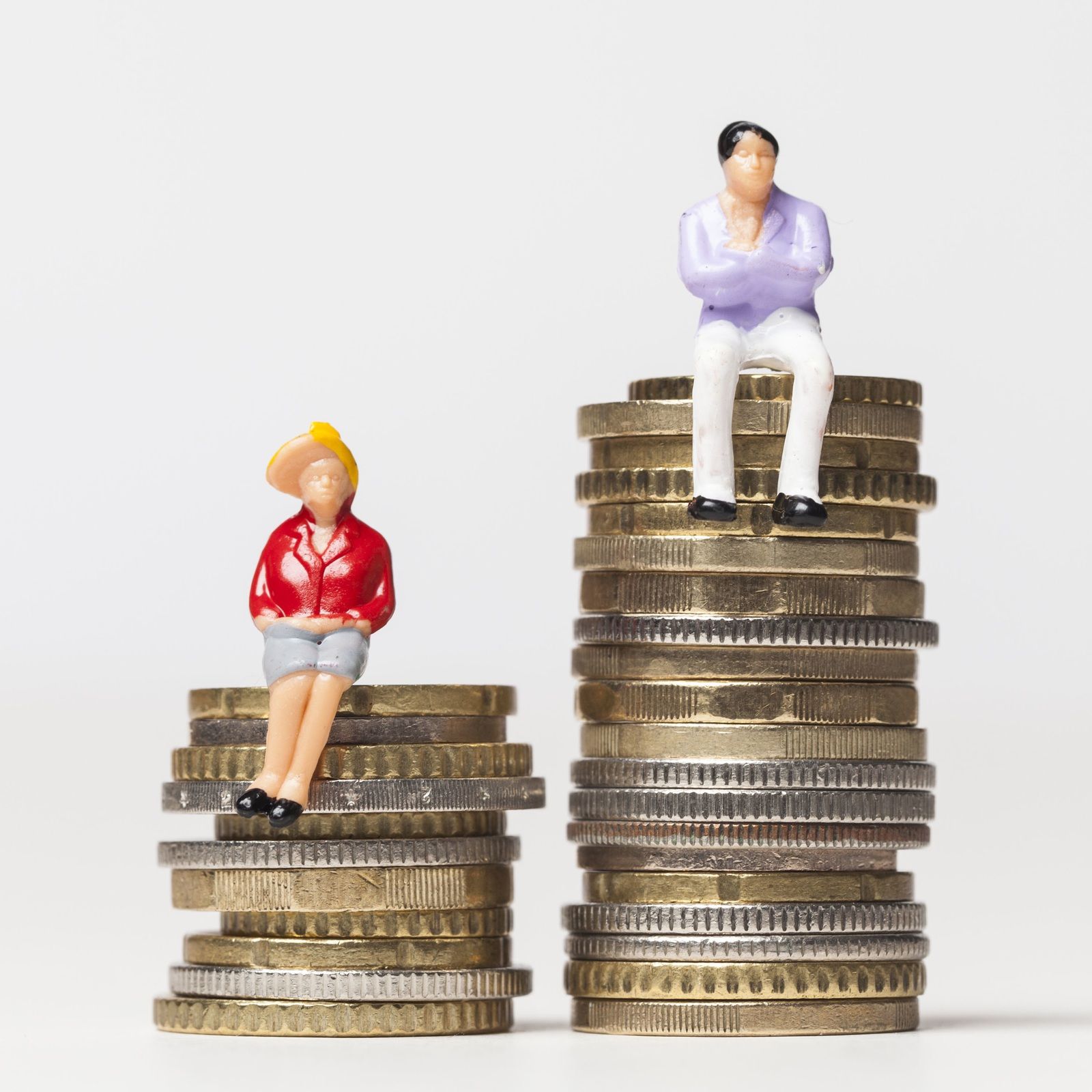
VoxTalks EconomicsThe cost of kidsWomen earn less than men after they start a family. Can better policies close the gap? Camille Landais of LSE tells Tim Phillips about new research comparing six countries. Read about the research on VoxEU.org
2019-05-2418 min
VoxTalks EconomicsManaging the secret stateDid the KGB manage its informers using the iron fist or the invisible hand? Mark Harrison tells Tim Phillips how the state motivated and disciplined its secret workforce.Read more of Mark's research on the Soviet Union here, here, and here. And the paper on Stasi activity in Germany he referred to is here.
2019-05-1718 min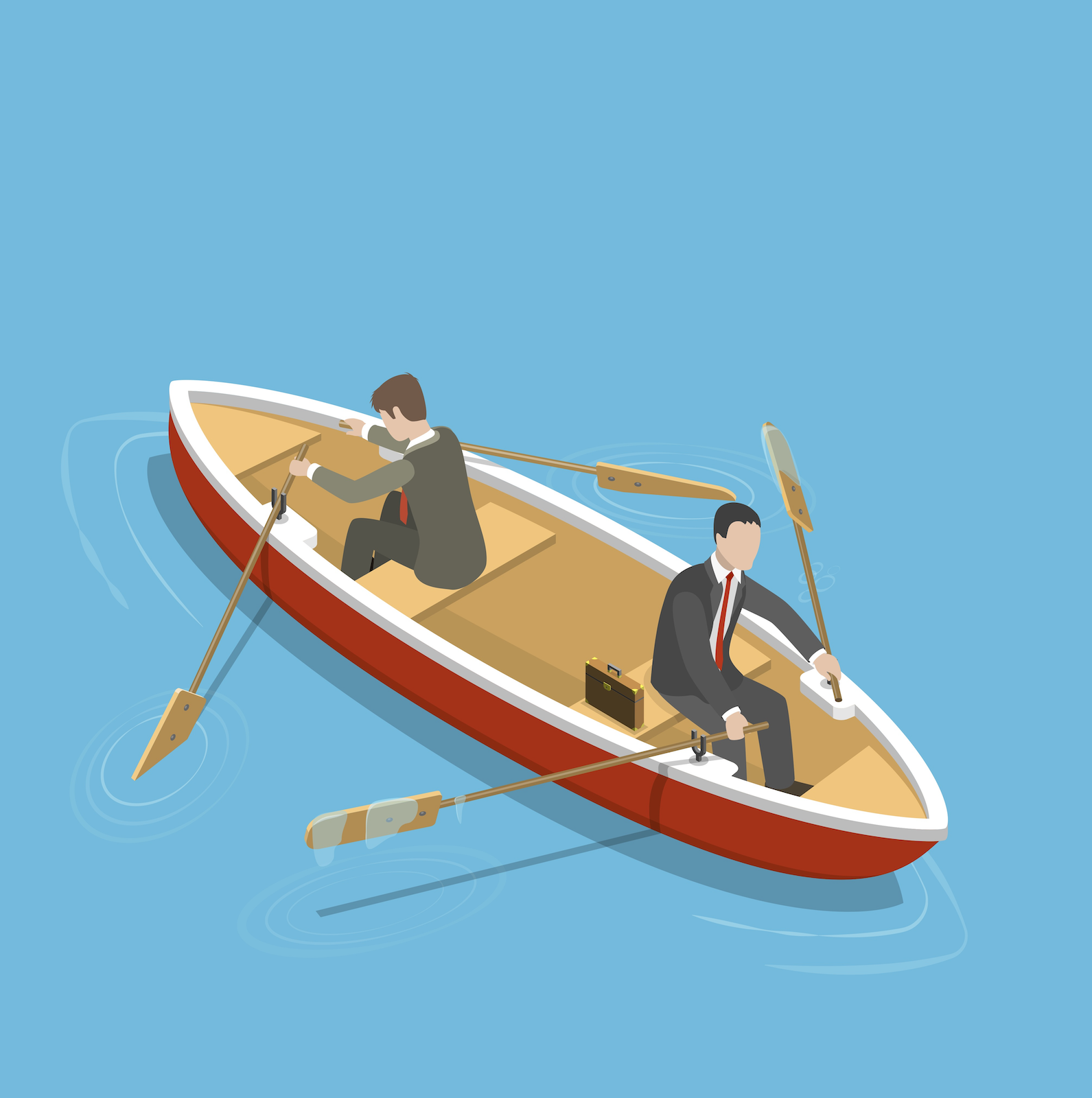
VoxTalks EconomicsThe end of the WTO?Who will be the biggest loser in this trade war? Chad Bown tells Tim Phillips why it could be the WTO's dispute resolution system, and why we should worry if this happens.
2019-05-1019 min
VoxTalks EconomicsThe lost onesMariaCristina De Nardi tells Tim Phillips that non-college-educated Americans born in the 1960s are dying younger, earning less, and paying more for healthcare than in their parents' generation.
2019-05-0319 min
VoxTalks EconomicsHow art auctions workWhat does economics teach us about art auctions? Katy Graddy of Brandeis University tells Tim Phillips what he needs to know before he bids for a painting of some artichokes.
2019-04-2712 min
VoxTalks EconomicsThe 2018 trade warHas the trade war with China been good for American businesses and consumers? The first results are in, and David Weinstein tells Tim Phillips who the winners and losers are.
2019-04-1920 min
VoxTalks EconomicsGirls, boys and multiple choiceHow should multiple choice tests be scored? It seems like a harmless question, but Nagore Iriberri tells Tim Phillips how she discovered that well-intentioned marking schemes may be penalising girls, and what we can do about it.
2019-04-1213 min
VoxTalks EconomicsA green monetary policyWe're not short of policies intended to save us from catastrophic climate change, but should monetary policy be part of this effort? Dirk Schoenmaker of Erasmus University thinks so, and he tells Tim Phillips how it would work in practice.
2019-04-0513 min
VoxTalks EconomicsRCTs in the long runRandomised controlled trials have revolutionised development policy. But do the interventions that work in the short run have a benefit 10 or 20 years later? Ted Miguel tells Tim Phillips how he and his colleagues aim to find out.
2019-03-2921 min
VoxTalks EconomicsWhy are schools segregated?Our cities are diverse, but often the schools in these cities are less so. Bas van der Klaauw of VU University Amsterdam tells Tim Phillips that not necessarily where we live that creates school segregation.
2019-03-2212 min
VoxTalks EconomicsLove, money and parentingWe all want happy, successful kids, so how can economics help? Fabrizio Zilibotti of Yale talks to Tim Phillips about the research that he and his peers have done into parenting and what it tells us.Here's a VoxEU column by Fabrizio, and here's a link to his book.
2019-03-1527 min
VoxTalks EconomicsInnovation policy for EuropeThe European Community's FRAME project, of which the CEPR has been a partner, recently held its final conference in London. Tim Phillips talked to the attendees about what FRAME's research into innovation tells us, and how it might be translated into policy.Visit FRAME's web site, and read about its research.
2019-03-0819 min
VoxTalks EconomicsThe Big Data economyThe digital economy makes it possible for data-savvy firms to grow very large, very quickly. Laura Veldkamp of Columbia Business School tells Tim Phillips about her new project to model the Big Data economy.
2019-03-0110 min
VoxTalks EconomicsGender bias in mathematicsWhy do girls do less well than boys in school math tests? Paola Giuliano of UCLA explains to Tim Phillips that, for many girls, the problem starts at home.
2019-02-2215 min
VoxTalks EconomicsA history of international financeA new data set compiles the history of international finance spanning a century and a half, revealing new information about globalisation, crises and capital flows. Rui Esteves of the Graduate Institute, Geneva, tells Tim Phillips what lessons it offers for policymakers today.
2019-02-1518 min
VoxTalks EconomicsLegal cannabis and the black economyOn 17 October 2018, Canada legalised recreational cannabis use, with an immediate effect on how Canadian people use cash. Jonathan Ashworth explains to Tim Phillips how legalisation crimps the black economy.Read our VoxEU column on the topic.
2019-02-0811 min
VoxTalks EconomicsThe end of globalisation?Trade growth is slowing down. But is it, as the media and populist politicians claim, the end of globalisation? Kevin O'Rourke tells Tim Phillips how economic history can answer the question, and what we can learn from the history of global trade.
2019-02-0117 min
VoxTalks EconomicsWork in transition, part 2In our second podcast on the The European Bank for Reconstruction and Development's report on Work in Transition, Tim Phillips talks to Nate Young about how the growth of large cities in EBRD regions affects economic growth and wellbeing.Picture copyright: EBRD.
2019-01-2515 min
VoxTalks EconomicsWork in transition, part 1The European Bank for Reconstruction and Development has published a report that investigates how work is changing in Europe and Asia's transition economies. Tim Phillips talks to the Bank's chief economist, Sergei Guriev, about who is working, how, and where.Picture copyright: EBRD.
2019-01-1819 min
VoxTalks EconomicsWhy we vote for protectionismIt blows the minds of economists when voters choose protectionist policies that, they point out, make most of them poorer. Gene Grossman tells Tim Phillips how trade models can explain this, if they incorporate insights from other social sciences.
2019-01-1109 min
VoxTalks EconomicsThe half-life of injusticeIf our wealth has been acquired unjustly in the past, does that injustice fade or persist? David Miles of Imperial College tells Tim Phillips how economics can help to answer this question.Read more about David's work on injustice.
2019-01-0422 min
VoxTalks EconomicsSuperstar economistsWe usually measure the effectiveness of economists by how many papers they publish, or how many citations they get. But a new measure takes into account their influence on the work of their colleagues as well. Michael König explains to Tim Phillips how this works, and who gets to be number one.Read more about the research on VoxEU.org.
2018-12-2811 min
VoxTalks EconomicsRegulating cyber riskHow should banks and their regulators manage cyber risk? A new discussion paper from the CEPR sets out six principles from an economist's point of view. Anil Kashyap of the University of Chicago and Anne Wetherilt of the Bank of England tell Tim Phillips what they are recommending.
2018-12-2110 min
VoxTalks EconomicsThe end of menWomen with college degrees are becoming more likely to get good jobs, but for college-educated men, the opposite is true. Henry Siu of the University of British Columbia tells Tim Phillips that the demand for social skills may explain the trend.
2018-12-1414 min